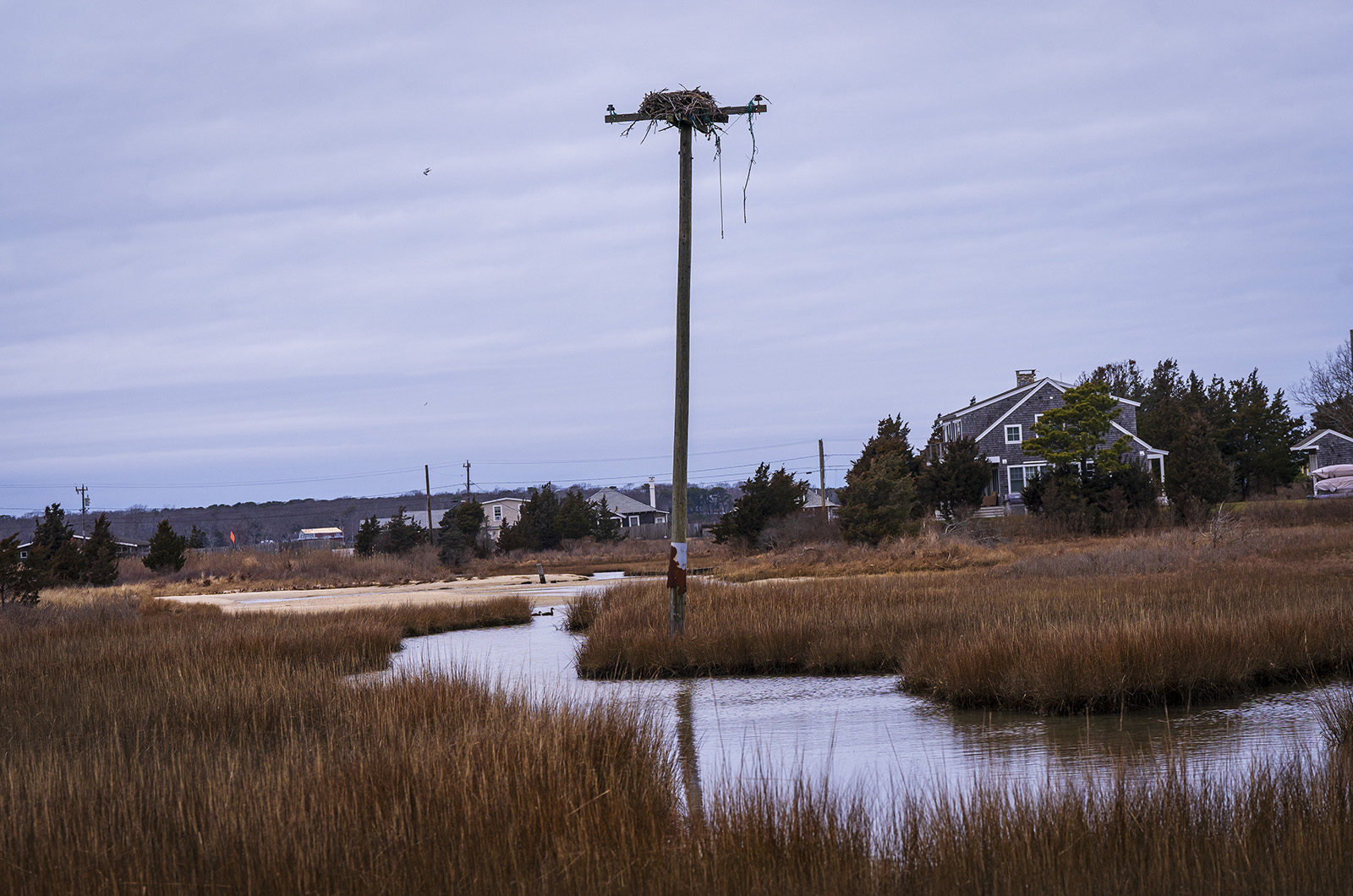The Vineyard Gazette – Martha’s Vineyard News
I was browsing through the Vineyard Gazette recently (I’m a digital subscriber, sort of Peeping Tom, Canadian) and read an article, one of those “51 years ago on this day” (specifically the 21 January 1970), where a local journalist had written that “…there are more off-Island youngsters between the ages of 19 and 30, more or less a few years and states of mind, wintering on this alluring island than never before.”
The tone of the article was that of a pleasant surprise, that young people are looking for a bucolic life on the vineyard. But this was 1970s America, and if I was a young American who had just endured that period, I’d probably run away to an island too. I would probably flee the country. In fact, many have. This is how Canada got our hippies in the first place.
After reading the article about the young people who came to live in Martha’s Vineyard, I started frantically cleaning the one-bedroom apartment I share with my boyfriend. Cleansing calms me down and helps me work on my thoughts. Although our house is small and close, it is what we have and I am proud of it.
I told my boyfriend about the article while shouting over the plastic vacuum cleaner, “Can you believe it?” Young people were buying houses on Martha’s Vineyard!
What exactly is my emotional investment in Martha’s Vineyard based on? I’ve never even been there because I can’t afford it. But being from Yarmouth, Nova Scotia (a short water ferry ride from Maine, which is when the ferry was operating), I trace my family roots back to Massachusetts. There was often cross-pollination between Nova Scotians and New Englanders – the proximity, the similarity of the landscape, the families that straddled the border.
Nova Scotia is the poor man’s Cape Cod. Until the pandemic, it was cheap to buy houses there. Still is, relatively. You can buy an old-fashioned mansion, filled with widow’s walks, railings, gables, oak railings, etc., for less than a hundred grand. But then you are in Yarmouth, Nova Scotia.
My attraction to Martha’s Vineyard probably stems primarily from my contrary nature. I can’t afford to live there. I can’t even afford to rent an Airbnb out of season. Thus, the attraction grows. The desire to flout the limits in which I was born, the circumstantial or the fortuitous, increases with each season. I promise myself to go to the vineyard. I want to see the beach in winter (my favorite time to go to the beach).
My rage is heating up over the housing issues, the lack of rights, the wacky absurdity of people living in stately beach resorts while teachers and nurses sleep in their cars. The struggle to maintain shelter has always been an issue that annoys me, even though the fighting of the people of Martha’s Vineyard is not my fight. But I’ve experienced homelessness and as a poor person, it’s always a worry that’s on my mind.
From Montreal, where I now live, my heart continually drifts to Martha’s Vineyard, in the romanticizing of Pinterest boards, the romanticizing of Instagram posts, the curated lust of a YouTube house tour.
But that’s not really what the island is and the more I read the Gazette and the stories of the people doing good work on the island – the housing bank, the abortion rights – the more I am a voyeur, the more I too would like to escape to an island where the community is strong and the fights premonitory.
When a commentator wrote of a Vineyard Gazette article, “If you can’t afford to live on the island, you should leave,” I wondered if he knew who he was talking to. . Maybe he was telling the fireman who would show up if his compound caught fire. Or maybe he was telling it to an underpaid barista who gives him his low-fat latte in the morning before his paddleboard lesson.
Or maybe he was saying it to an islander who knows housing is a human right and who may make housing accessible enough that one day Martha’s Vineyard will be more than a quick summer succession of real estate remodels and billionaire complexes; it will be a place anyone can come to, like they did during that window of time in the 70s, to seek peace in a mad world.
Ceilidh Michelle lives in Montreal. She is the author of the memoirs Vagabond: Venice Beach, Slab City and Points in Between.


Comments are closed.